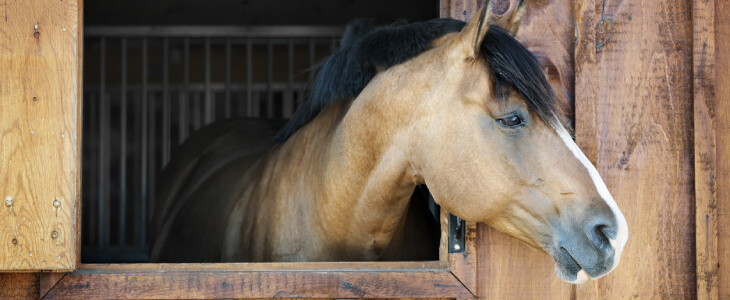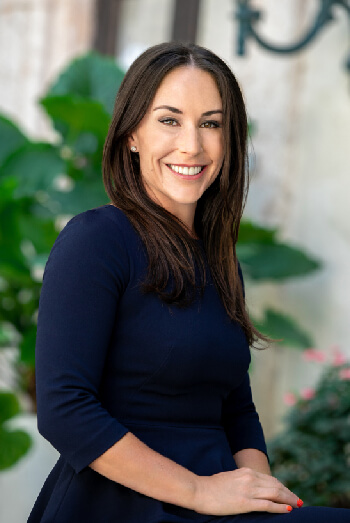Whether those involved realize it or not, many relationships in the equine industry are partnerships. In most states, including Florida, the intention to conduct business together for profit is enough to create a partnership. In this article, we examine partnerships in the equine industry.
Examples of Equine Partnerships
There are countless situations in the equine industry that could result in the formation of a partnership. Examples include:
- A trainer and client purchase a horse to resell, with the trainer providing training and the client purchasing the horse and paying all out-of-pocket expenses.
- The owner of a stallion decides to syndicate the animal and sells shares to others that entitle them to share in the profits and expenses.
- Two breeders agree to share a broodmare, with each breeder receiving a foal from the mare every two years.
- Two individuals decide to purchase a horse together to share in the responsibilities, care, and use of the animal.
- Two individuals decide to start a boarding business together and split the profits.
Liability and Equine Partnerships
One of the most important aspects of an equine partnership is liability. A partnership is a legal entity that is separate and apart from its partners. However, any single partner in a partnership can take action that binds the entire partnership. Upon the formation of an equine partnership, the partners automatically owe each other certain fiduciary duties. Specifically, partners may face liability if they fail to fulfill the following duties:
- Partners are required to put the interests of the partnership before their own interests. This concept also includes business opportunities.
- When dealing with the property of the partnership, the partners must keep in mind that the property belongs to the partnership, and they are not permitted to use it for their own purposes.
- A partner must care for any partnership assets that are in his or her possession.
- A partner cannot profit individually from the partnership (other than his or her shares of the partnership profits) unless he or she receives the other partners’ consent.
- A partner cannot have personal interests that are in conflict with the partnership.
Options as an Equine Partner
If you are in an equine partnership, you can continue to operate as a partnership, or you may wish to convert the partnership to a different entity, such as a corporation or LLC, to limit your liability. If you choose to continue as a partnership, you should ensure that you have a written equine partnership agreement signed by all of the partners. Regardless of whether you want to convert to a new entity or formalize your partnership with a written agreement, you should contact an equine law attorney for assistance.
Contact a Wellington Equine Law Lawyer
For assistance with your Florida equine law needs, Gueronniere, P.A., is here to help. At Gueronniere, P.A., our knowledgeable equine law lawyer can help you determine the best legal structure for your equine business. Please contact us to schedule a free initial consultation with our experienced Florida equine law lawyer.

